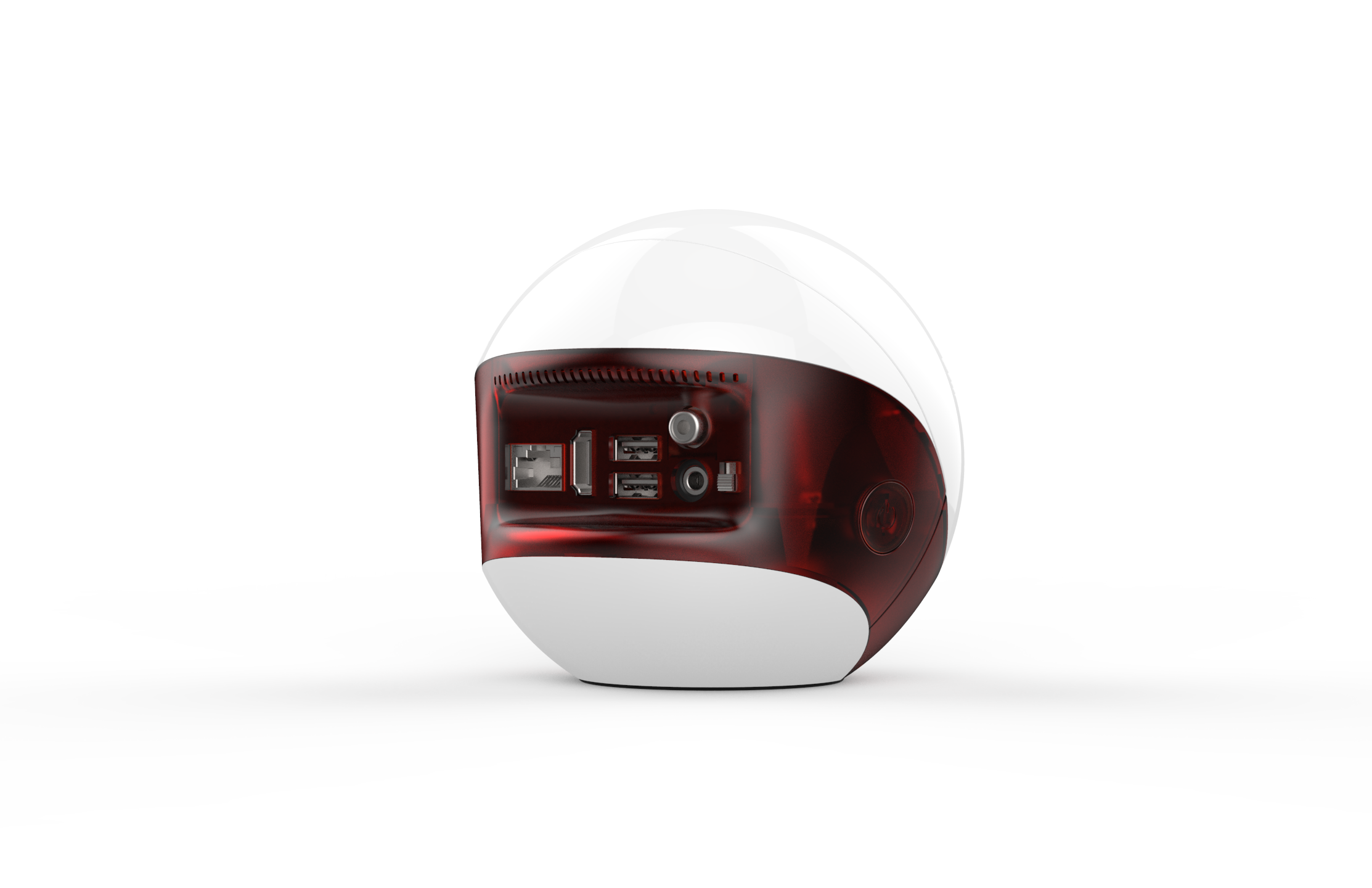
Matt Dalio wants to change the world. That may not be unique in Silicon Valley, where every startup boasts of a "revolutionary" grocery-ordering app or Internet-connected dog collar. But Dalio, founder of PC-maker Endless Computers, does have global goals: With his $79 Endless Mini, announced Tuesday at the Consumer Electronics Show in Las Vegas, Dalio hopes to bring the power of personal computing to the billions of consumers in the developing world who can't afford a traditional PC. "Our goal is for everyone in the world to have a PC a decade from now," he says.
If that sounds familiar, it's because it is. A decade ago, MIT Media Lab Founder Nicholas Negroponte launched the One Laptop Per Child project, which attempted to create a $100 laptop to be used by poor children around the world. While the nonprofit ultimately shipped more than 2 million laptops, it never met its price target and hit snags involving everything from manufacturing to distribution.
Dalio says he's learned from OLPC's mistakes—rather than targeting the world's poorest consumers, Endless wants to sell PCs to the emerging middle class in Latin America, Asia and Africa. "They were going after the poorest of the poor," says Dalio. "At that end of the curve, you have issues with electricity, with literacy, with poverty. It's not a scalable model." Instead of a rugged, low-power laptop designed to work anywhere (an early OLPC design even included a hand-crank to supply backup power), the Endless Mini is a tiny, spherical PC built for the living room. It ships without a keyboard, mouse or monitor, counting on customers to hook it up to their TV and buy the rest of the hardware elsewhere.
Endless, which launched its first PC for $169 last year, also has a heavy focus on software, and has built a custom version of the Linux operating system, along with a bundle of apps designed to work offline or with limited connectivity, including an offline version of Wikipedia. "People want a stable, simple computer that's easy to use, and won't get viruses," Dalio says. "And they need to be able to use it without the Internet."
While a $79 computer optimized for offline access might seem like a great deal, Endless still faces major challenges, starting with the idea of the PC itself. Smartphones and tablets have come to dominate the space once occupied by personal computers, in both the developed world and emerging markets. There were approximately 280 million PCs shipped worldwide in 2015, according to market research firm IDC. Meanwhile, smartphone sales reached over 1.4 billion units last year, with at least half of those going to consumers in emerging markets such as Latin America, China and India. "The smartphone is where people spend their money" in the developing world, says Carolina Milanesi, chief of research for Kantar Worldpanel. "And tablets are available for as little as $35 in emerging markets. It's hard to compete with that kind of proposition."
Dalio argues that the limitations of smartphones, including their dependence on Internet connectivity, makes them a poor substitute for computers, and that today's computers, with their heavy reliance on cloud-based apps and online tools, are equally ill-suited to consumers in emerging markets. "I went to a middle school in Guatemala," he says. "They had four computers and they were sitting in a corner unused, while the students were learning how to use computers with a chalkboard and typewriters." For Dalio, a PC's software platform, including the offline component and educational material, matters more than the price. "A company in Guatemala sells encyclopedias for $700," he points out. "People pay whatever they can afford because they want that information for their children."
Industry analyst Ross Rubin, of software research firm App Annie, sees some value in the Endless model. "There are a lot of limitations to the smartphone experience," he says. "Putting resources like Wikipedia on the device is a great starting point." However, he cautions that Endless is also facing increased competition from other startups producing low-priced PCs and newer smartphones such as Microsoft's latest Lumia models, which transform into full-fledged PCs when connected to a display and keyboard.
Endless is undaunted. The company has begun to build a global distribution network, starting with a deal it signed in November with Mexican telecom giant América Móvil for its Claro division to sell Endless PCs in Guatemala. And it's signed up a slate of advisors that includes self-help superstar Tony Robbins, Nobel Peace Prize winner Muhammad Yunis -- and OLPC founder Nicholas Negroponte.
Dalio, who started a nonprofit to help Chinese orphans when he was 16, dismisses the idea that people in the developing world don't want or need PCs. "When I first went to China, I was 11 years old, and everyone had bicycles," he says. "It wasn't because the only wanted bikes. They couldn't afford cars or motorcycles. People in the developing world don't have PCs because they can't afford them—not because they don't want them."
Uncommon Knowledge
Newsweek is committed to challenging conventional wisdom and finding connections in the search for common ground.
Newsweek is committed to challenging conventional wisdom and finding connections in the search for common ground.
About the writer
To read how Newsweek uses AI as a newsroom tool, Click here.





